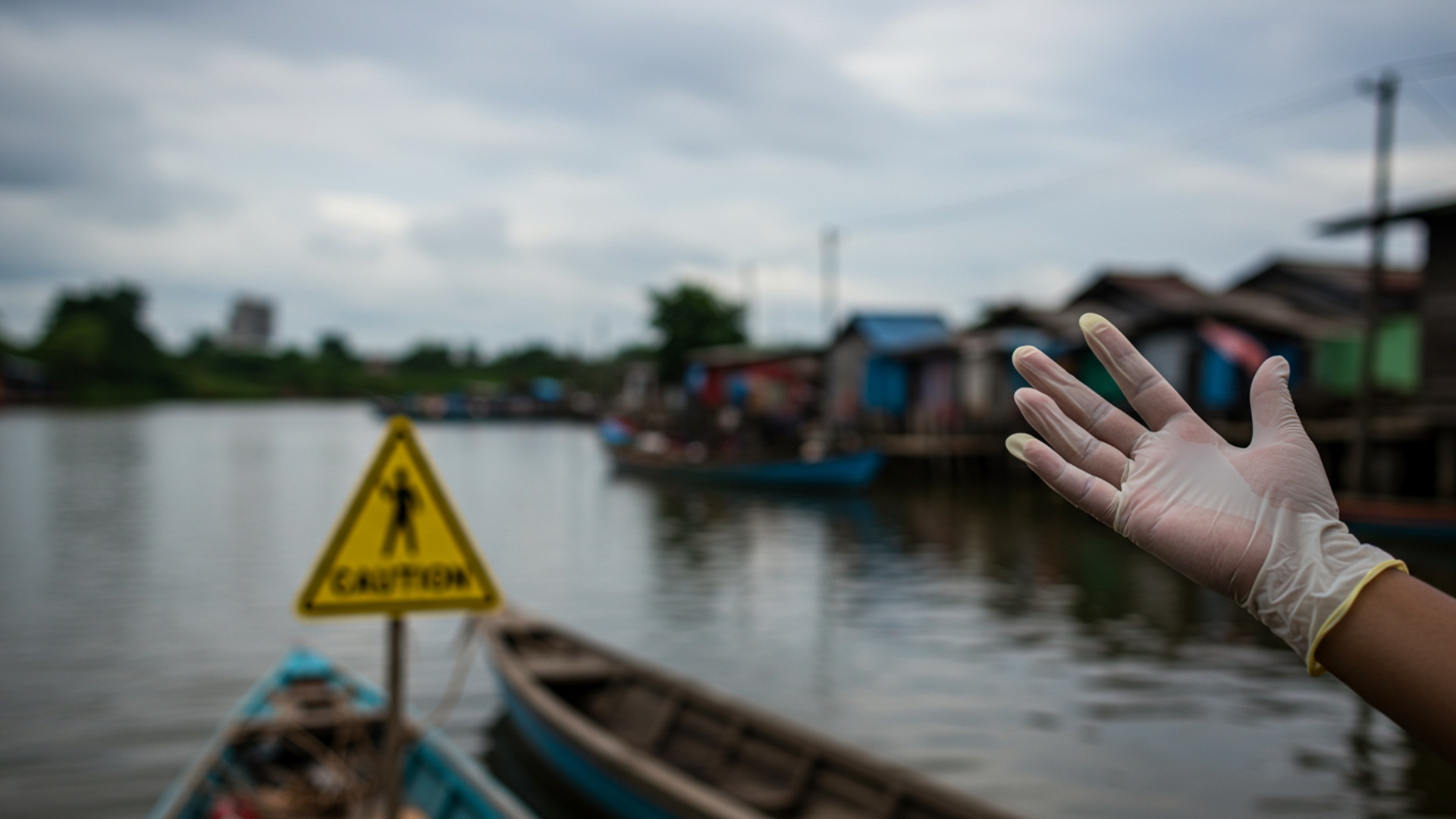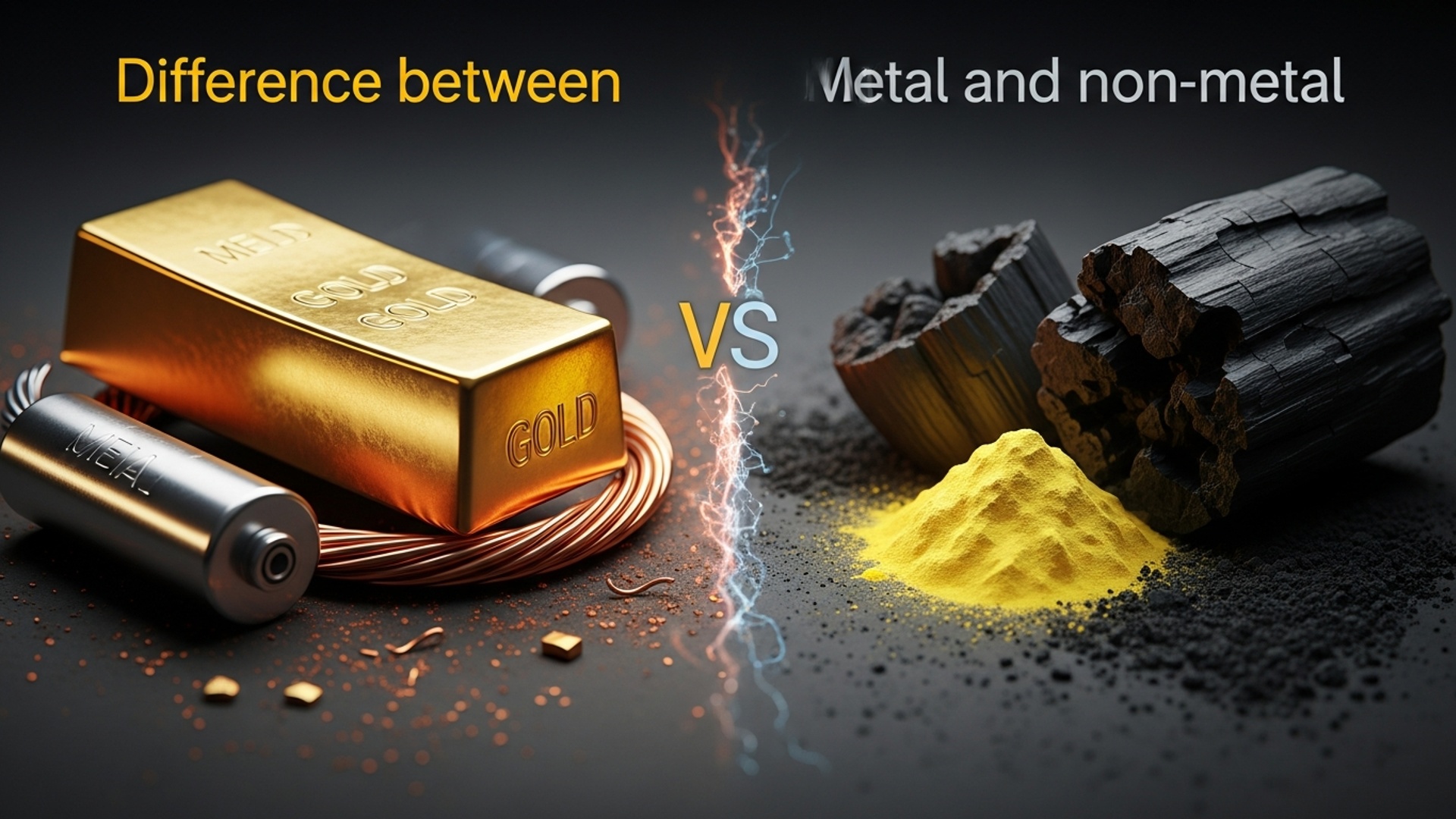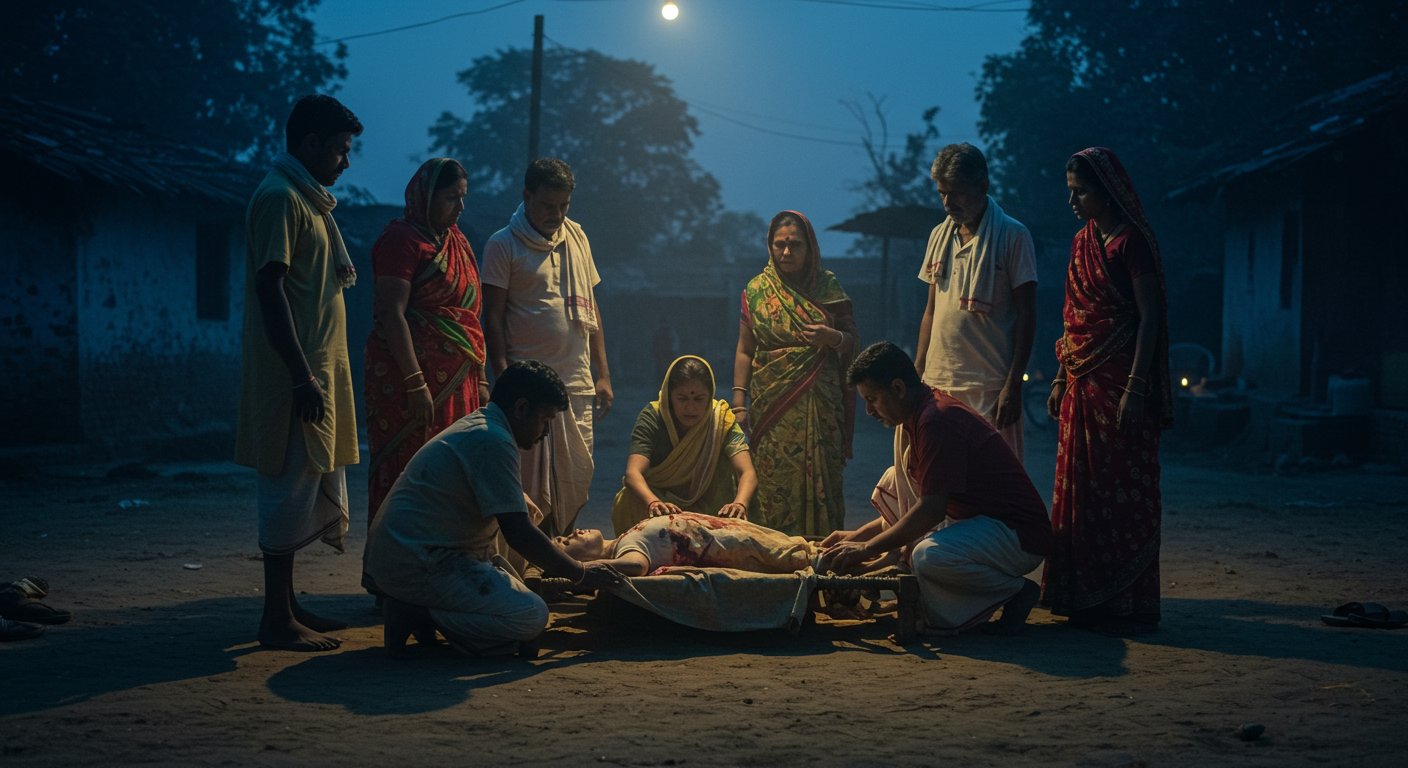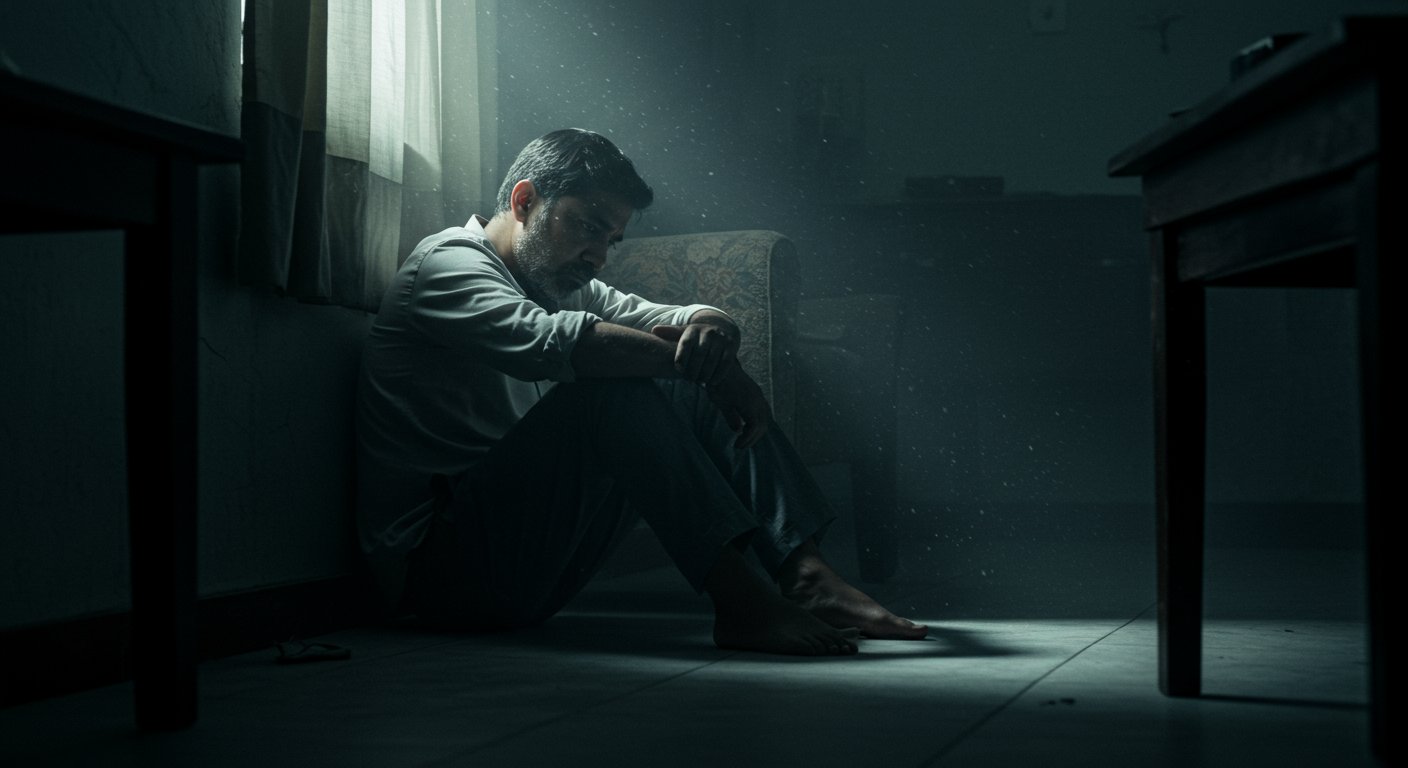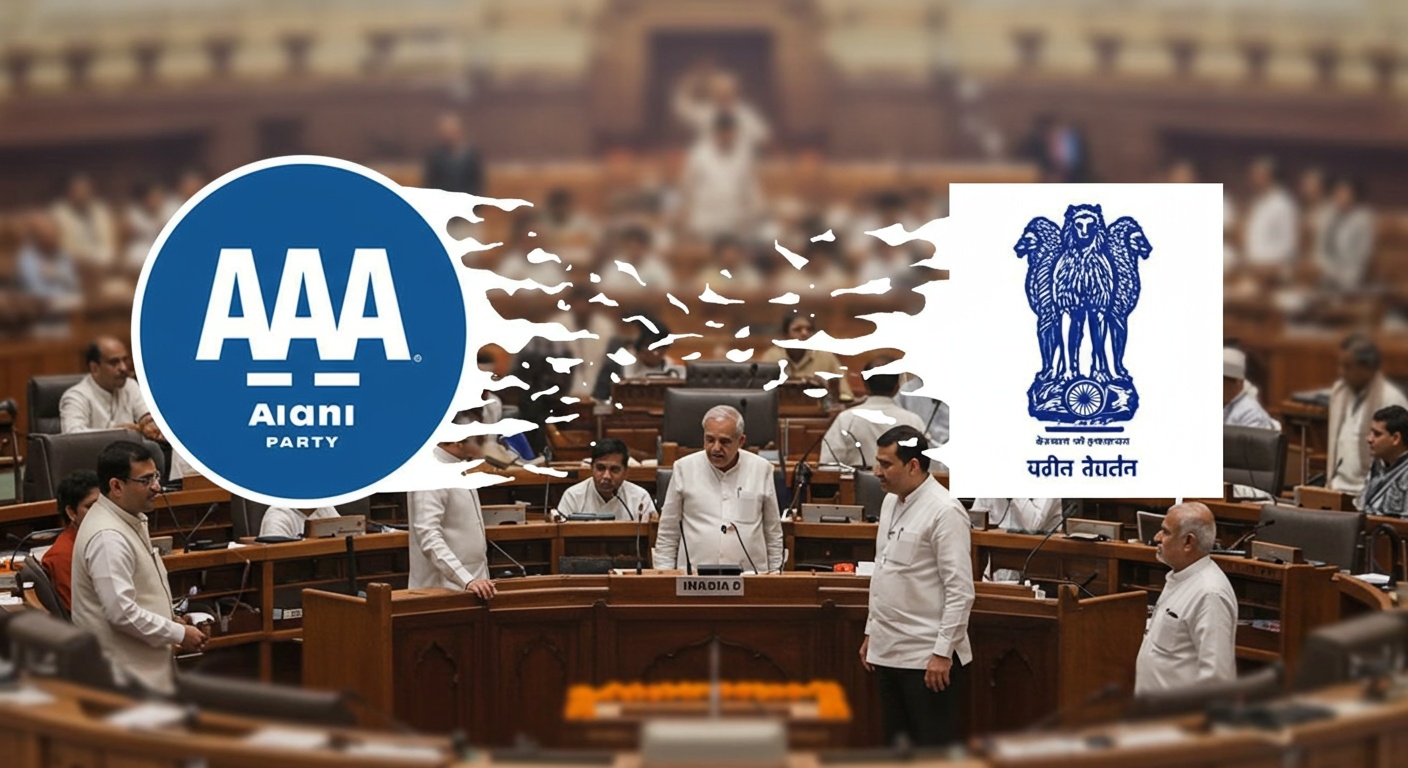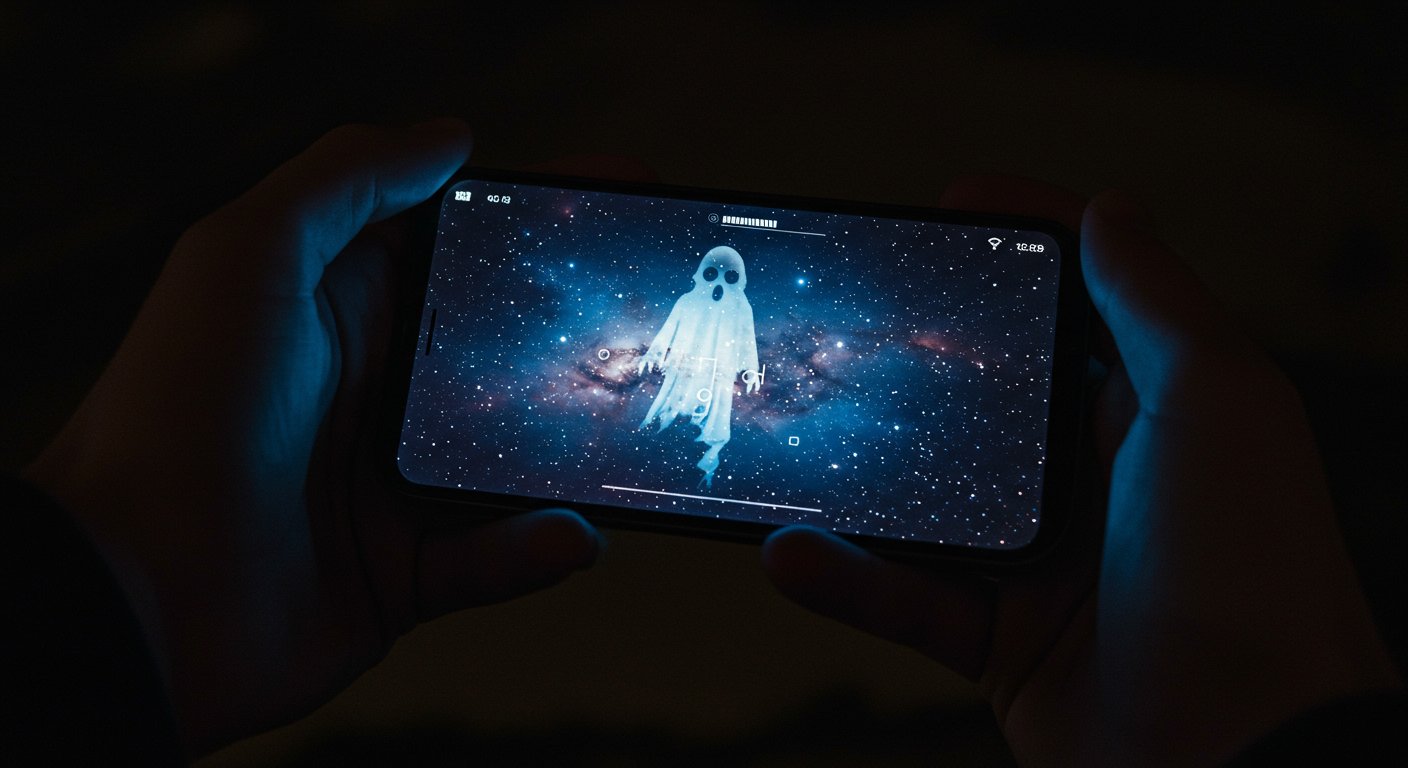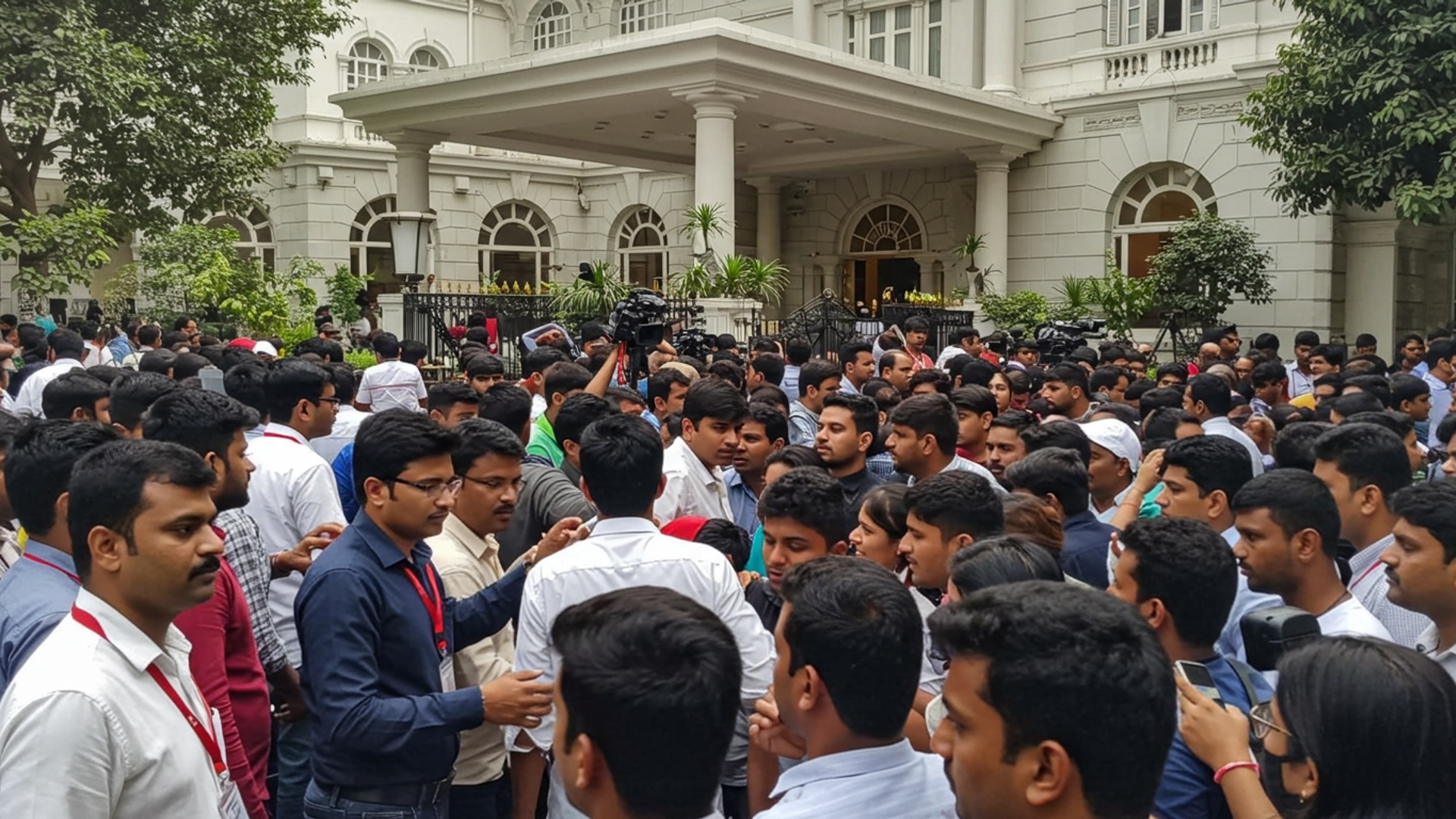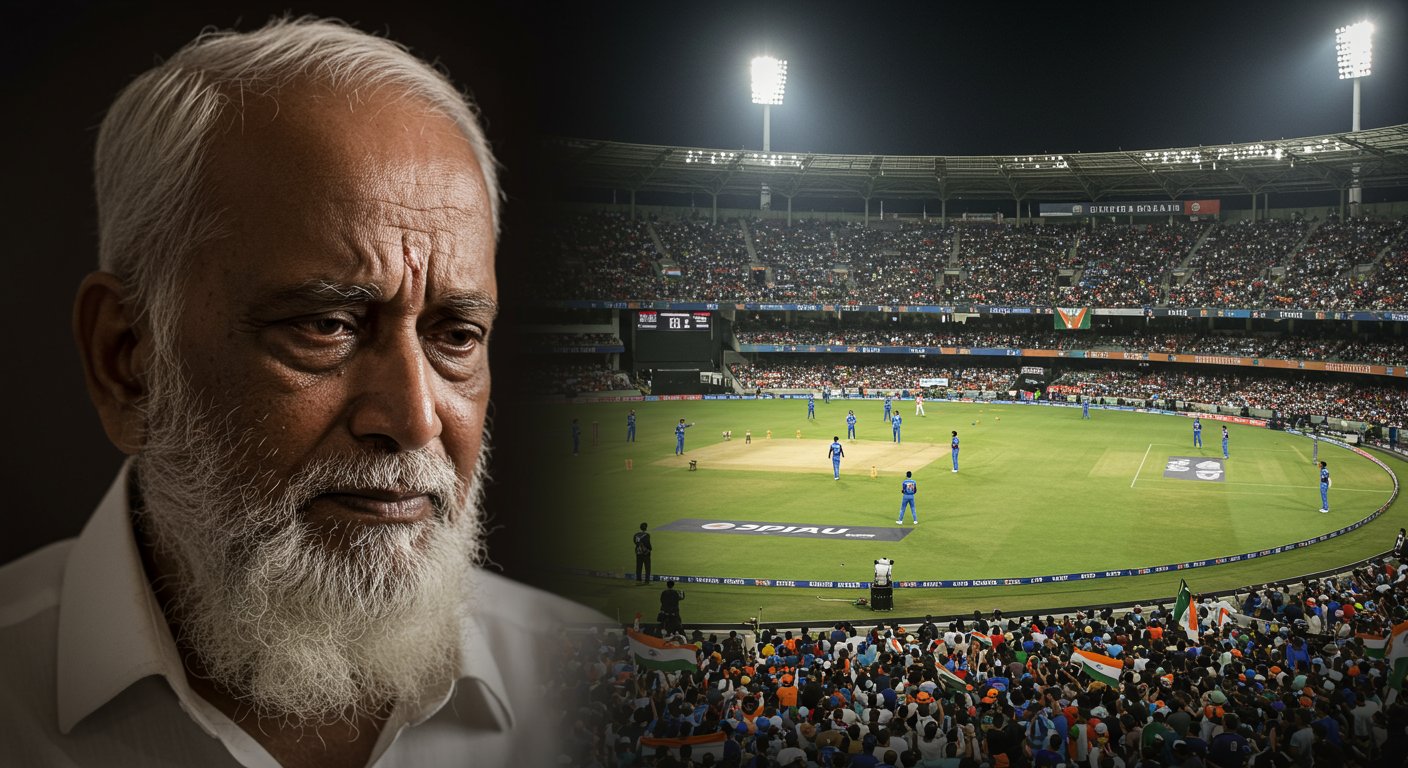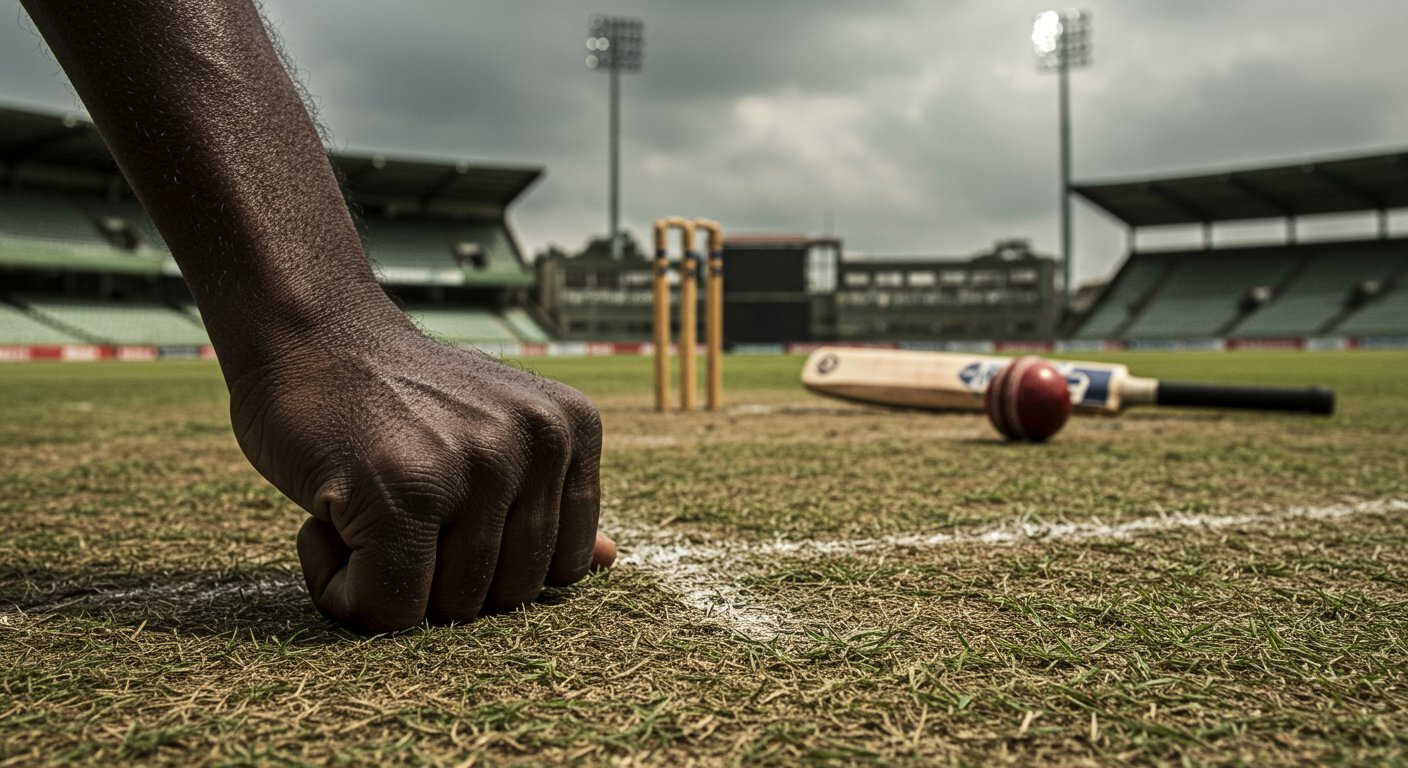Health officials in Kozhikode issue an urgent health alert as rare brain infection cases see a sudden and concerning rise across the district. Local hospitals are now reporting an increase in patients showing signs of this serious illness, forcing authorities to act quickly. This unexpected surge in brain infections demands immediate public attention and swift preventative measures to control its spread. Medical teams are working intensely to identify the cause of this cluster and provide care, as the sudden increase poses a significant public health challenge for the region.
New Concerns in Kozhikode
Kozhikode district in Kerala is currently facing a serious health concern following a rise in cases of a rare and deadly brain infection. Health authorities have issued a public alert, asking residents to be very careful. The infection, known as Primary Amoebic Meningoencephalitis (PAM), is caused by a type of free-living amoeba, sometimes called “brain-eating amoeba”. This amoeba can cause severe inflammation of the brain and spinal cord.
The immediate alert comes after new cases were reported in mid-August 2025. A nine-year-old girl from Thamarassery tragically passed away on August 14, 2025, with her death confirmed as amoebic encephalitis two days later. This marked the fourth case of this rare brain infection reported from Kozhikode district this year. Following this, two more people from Kozhikode, a youth from Annassery and a three-month-old baby from Omassery, were found to have the infection on August 17, 2025. Both are currently receiving medical care at the Government Medical College Hospital in Kozhikode. The condition of the baby is reported to be critical. Also, a 40-year-old man from Annassery is also undergoing treatment for the disease.
Understanding the Rare Infection
Primary Amoebic Meningoencephalitis (PAM) is a very uncommon but almost always fatal brain infection. It is caused by single-celled organisms, mainly Naegleria fowleri, which are free-living amoeba. These amoebae live in warm, fresh water sources such as lakes, rivers, ponds. even poorly kept swimming pools. The infection happens when water containing the amoeba enters a person’s body through the nose. From the nose, the amoeba travels to the brain, where it causes serious tissue damage and swelling. It is crucial to know that this infection does not spread from person to person, nor can it be caught by drinking contaminated water.
The symptoms of PAM can appear within one to nine days after infection. Initial signs often include a severe headache, fever, feeling sick to the stomach (nausea), vomiting. difficulty in moving the neck. As the infection gets worse, patients may experience seizures, lose consciousness, or have memory problems.
Immediate Steps by Health Authorities
In response to the rising cases, the Kerala health department has taken swift action and issued a health alert. Health officials have urged the public to be very careful, especially when using freshwater sources. Rapid response teams have been sent to affected areas. officials are collecting water samples from the homes of patients to find the source of the infection.
The government has given clear guidelines to prevent the spread of the amoeba. People are strongly advised to avoid bathing or diving in stagnant water bodies like ponds and lakes. Special instructions have been given not to bathe infants in ponds. Authorities have also stressed the need for proper chlorination of water in theme parks and swimming pools to keep them clean and safe.
Kerala Health Minister Veena George has held several high-level meetings with health department officials to discuss the situation and outline further steps. In a significant move, Kerala released its own special guidelines for the prevention, diagnosis. treatment of amoebic meningoencephalitis in July 2024. This was the first time such comprehensive guidelines were issued in India. The Minister highlighted that early detection and prompt medical treatment are vital to improving patient outcomes.
The health department has also intensified its public awareness campaigns, especially for children who might be playing in water during holidays. These campaigns aim to teach people about the risks and the necessary precautions to take. The government has also put in place a “one-health” plan in April 2025 to stop the infection, working with groups like the Kerala State Pollution Control Board and the Kerala University’s Science and Technology department.
Past Incidents and Current Trends
While PAM is rare, Kerala has seen cases before. The first case in the state was reported in 2016. In 2024, Kerala recorded 36 positive cases and nine deaths from this infection. This year, up to April 30, 2025, health authorities had already reported 12 cases and eight deaths across the state.
Globally, the disease has a very high death rate, around 97 percent. But, due to early and careful detection and quick medical actions, Kerala has managed to lower its death rate to about 25 to 26 percent. A remarkable case occurred in July 2024 when a 14-year-old boy from Kozhikode survived the infection, becoming the first Indian survivor and only the eleventh worldwide. This successful recovery showed the importance of early diagnosis and a complete treatment approach.
Experts believe that the increase in cases, both globally and in Kerala, might be linked to warmer weather conditions and unclean water sources. This type of amoeba becomes more active in warm water. There has also been more testing for acute encephalitis syndrome, which can reveal amoebic meningoencephalitis, possibly contributing to the higher number of identified cases.
Hospital Preparedness and Public Guidance
Hospitals, especially the Kozhikode Government Medical College Hospital, are playing a key role in managing the current situation. They are ready with necessary medical supplies and isolation facilities to treat infected patients. Doctors are following special treatment plans, which include a combination of several medicines, with Miltefosine being a very vital drug for treatment. The goal is to start treatment as soon as possible after symptoms appear to increase the chances of survival.
The health department encourages anyone showing symptoms like severe headache, fever, vomiting, or neck stiffness, especially after swimming or bathing in freshwater, to seek medical help immediately. Early diagnosis is crucial for effective treatment. The public is also reminded to ensure that water tanks at home are regularly cleaned to remove any dirt or other harmful substances. Authorities are also making sure that water bodies in public places like amusement parks and swimming pools are properly chlorinated.
![]()
